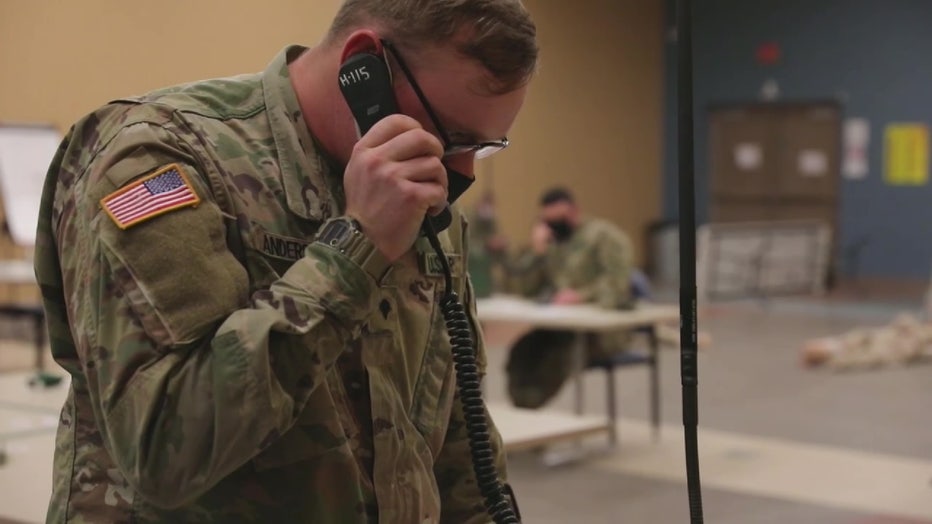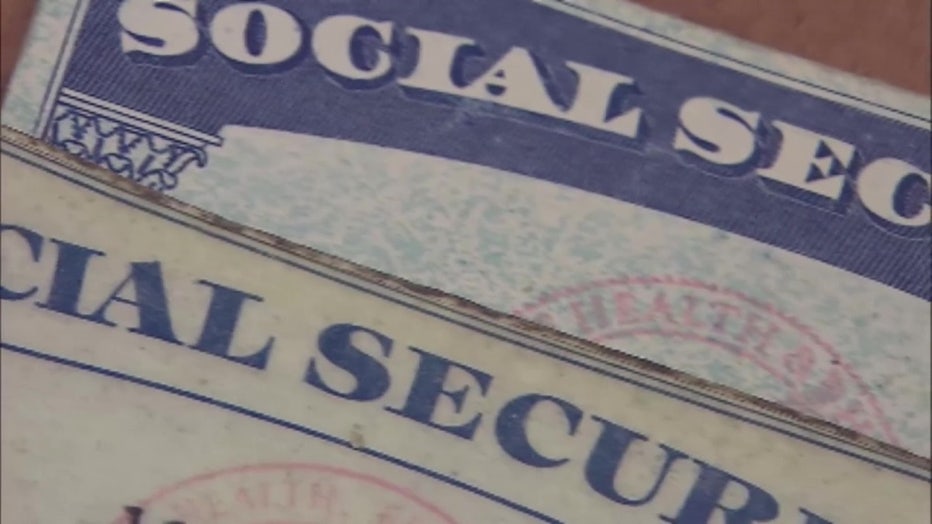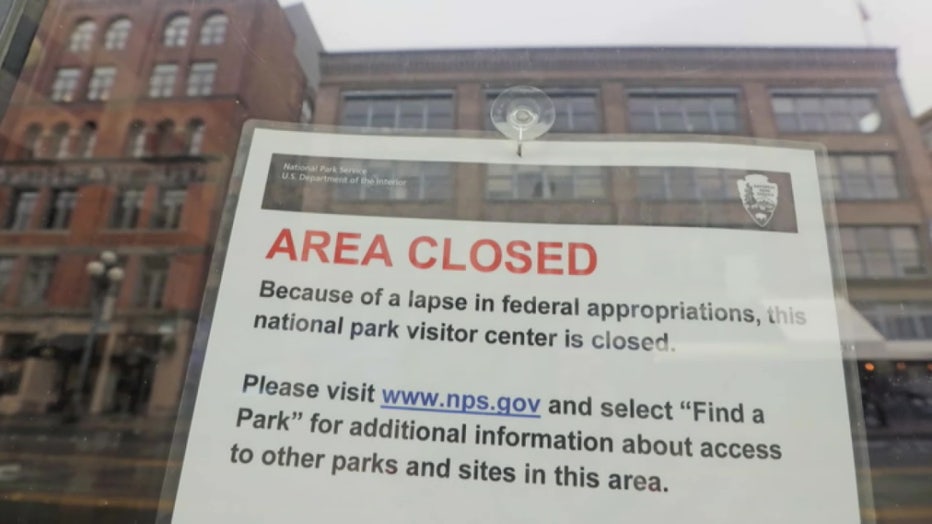Here’s how a looming government shut down may impact Floridians
TAMPA, Fla. - Millions of Floridians stand to be affected by the looming government shutdown, which will cause disruptions to a wide range of the American economy.
Barring a last-minute deal, federal workers and contractors will either be furloughed without pay or, if deemed essential, required to continue to work without pay.
Critical services like law enforcement, boarder protection, and commercial aviation will continue to operate.
Florida’s robust active-duty military and reservist community will also be required to continue to report to work.
With many military families living paycheck to paycheck, payment disruptions create a huge burden for troops and their families. While lawmakers, who will continue to collect their salaries, argue in Washington, military families still have to put food on the table and find a way to pay their bills.
"Bills don’t care that we’re not getting paid. We still have to pay it when it’s due, or it affects our credit," a Jacksonville-area military wife said.

The mother of three, who did not wish to be identified out of fear for her husband’s job at Naval Station Mayport, had a big question for the small faction of House Republicans driving the shutdown:
"Are you taking us into consideration? Your disagreement is affecting more than just you guys. It’s affecting a whole community of people who are fighting for your country every day."
RELATED: Gates will be locked and park rangers furloughed at national parks if government shuts down
By law, government employees will get back pay once the shutdown ends, but there’s no telling how long a shutdown will last or how quickly those paychecks would arrive once it’s over.
Millions of federal contractors would not be paid for the missed work.
A shutdown will also mean significant disruptions in key programs many Americans depend upon.

File: Social Security cards
FEMA disaster relief, which was already facing significant shortfalls in funding, will hit especially hard in Florida where recovery efforts are ongoing after Hurricane Ian. There’s also concern that during the height of hurricane season, FEMA response could be delayed should another storm come ashore.
Millions of food insecure families who rely on government assistance programs like SNAP and WIC will also be affected by an ongoing shutdown, as will childcare organizations reliant on federal assistance.
RELATED: Kevin McCarthy rejects Senate spending bill while scrambling for House plan to avert shutdown
Although federal aviation employees will still be required to report to work, as the last shutdown in 2019 showed: some are less inclined to show up when they aren’t being paid. Should these essential workers call out, passengers could see big delays in security lines and disruptions to flight schedules.

U.S. Transportation Secretary Pete Buttigieg has said even a short shutdown could have deep ripple effects within the aviation sector, which is in dire need of training and hiring more air traffic controllers.
According to Buttigieg, training for air traffic controllers will be halted, and even a shutdown that lasts only a few days will mean the department won't hit its hiring and staffing targets for next year.
Key programs that won’t be affected include Medicare, Medicaid, the Children’s Health Insurance Program (CHIP) as well as social security payments, which will continue on schedule.

